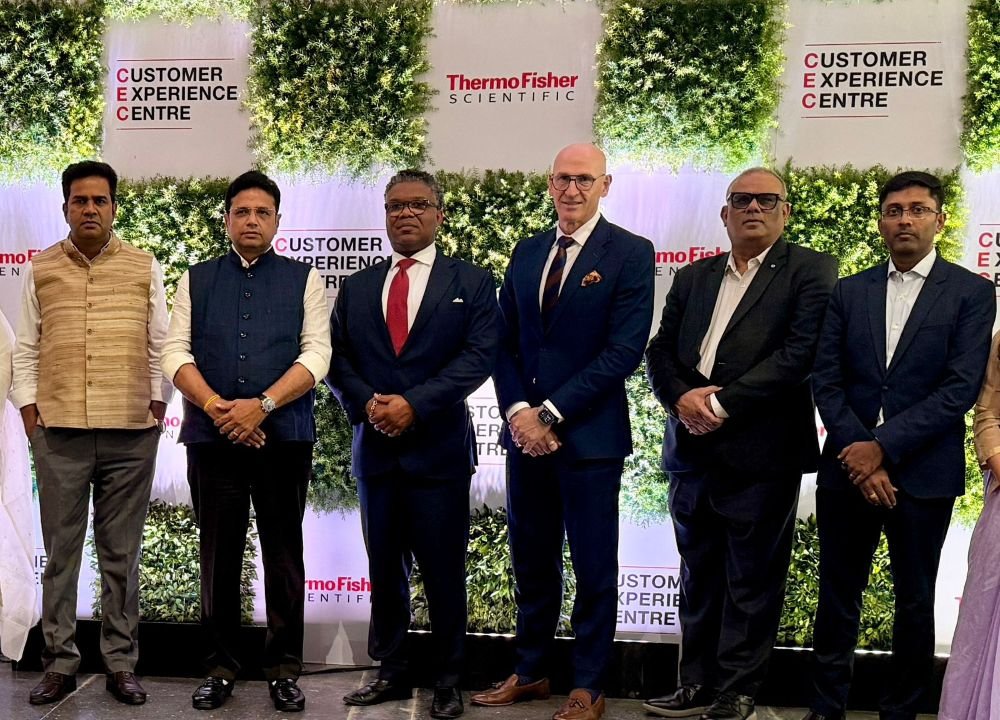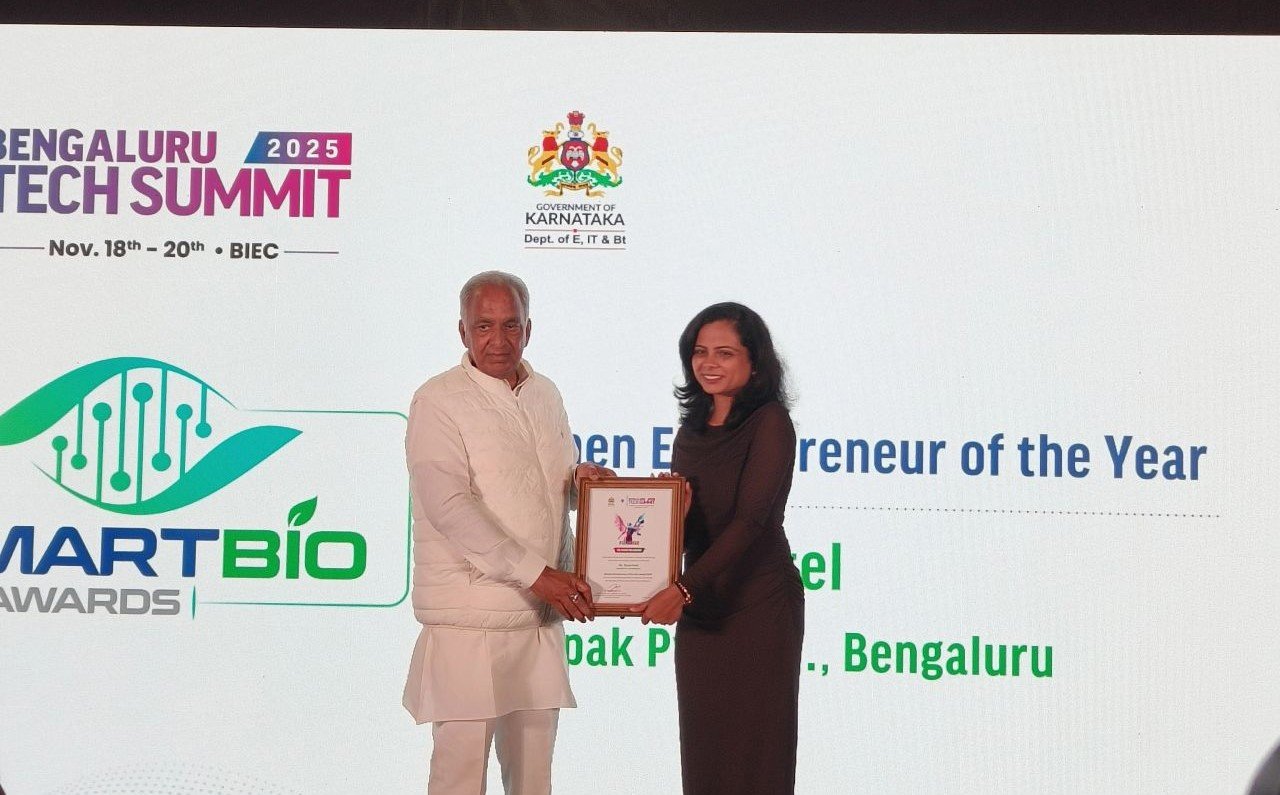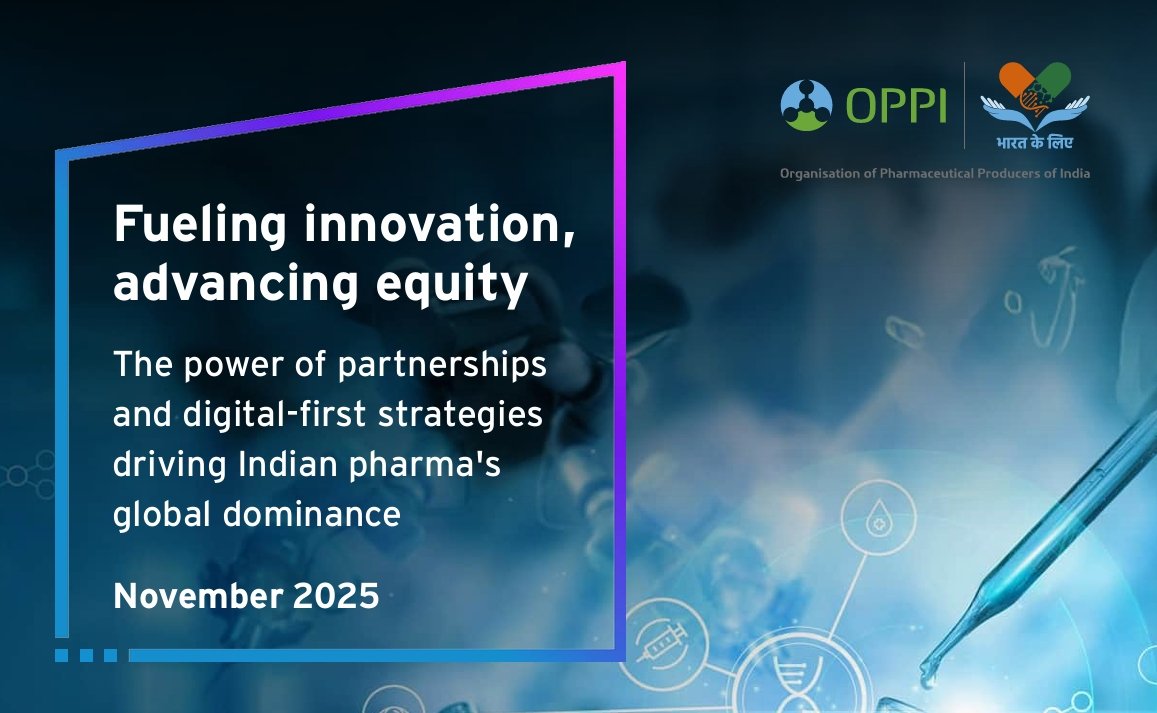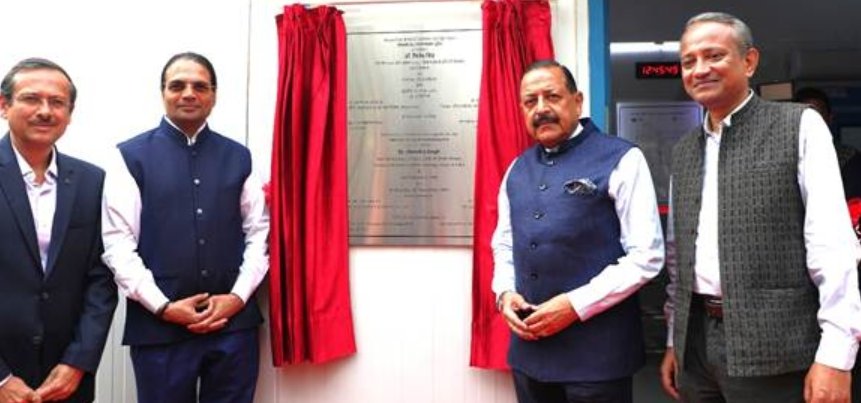News Bytes May 2005
May 10, 2005 | Tuesday | News
Maps to invest Rs 10 crore in Gujarat
Maps India Ltd, a biotechnology company producing enzymes and microorganisms,
has signed a MoU with the government of Gujarat for investing Rs 10 crore for
production of new enzymes and microorganisms during the current year.
Maps produces a broad range of enzymes and microorganisms and provides biotech
solutions to improve industrial performance and quality while at the same time
saving on water, energy and raw materials.
Intas Pharma receives grants from DST
Ahmedabad-based Intas Pharmaceuticals Ltd has received a loan assistance of Rs
3.5 crore from the Department of Science and Technology (DST) for conducting
research on formulation of protein-based therapeutics for human use with
improved pharmacological and toxicological properties.
Dr Rustom Mody, vice president, biotechnology, Intas Pharmaceuticals Ltd
informed, "This research is expected to generate new Intellectual Property
for Intas since the field is often covered by patents on existing formulations
of international innovator companies. With this government fund, we expect to
strengthen our biotech agenda by developing new formulation strategies for its
various protein-based drugs that are in the pipeline."
BII's clinical trials corporate training kits
To meet the growing challenges in the burgeoning field of clinical
trials, NOIDA-based Bioinformatics Institute of India (BII) has launched
clinical trials corporate training kit under the BII life sciences corporate
training series.
The clinical trial industry in India is expected to touch the billion-dollar
mark in the next four to five years. With a good number of clinical research
organizations opening up in India, there is a big gap between demand and supply
of trained personnel in this field. Priced at Rs 4,000, BII's clinical trials
corporate training kit offers a solution in this area.
Its audiovisual clinical trials training kit is a one stop comprehensive
reference required for conduct of clinical trials training.
Zydus Cadila launches Pitavastatin
Zydus Cadila has launched the novel statin - Pitavastatin under the brand name
Pitava. The molecule, which is the latest addition to the family of statins, is
being launched for the first time in India. This new launch strengthens Zydus
Cadila's cardiac care portfolio comprising anti-hypertensives, lipid
(cholesterol) lowering agents, anti-anginals, anti-platelets and diuretics.
Pitava, available in strengths of 1 mg and 2 mg tablets, enables aggressive
lipid management in patients suffering from high levels of cholesterol (hyperlipidemia).
Wockhardt launches Biotech SBU
Wockhardt has established a new strategic business unit to drive its
biotechnology business during the first quarter of 2005 with Dinesh Dua as its
president. Wockhardt has received 17 registrations for its biopharmaceuticals
and 36 registrations are being pursued in various overseas markets.
Wockhardt with an active multi-disciplinary research program has employed over
400 scientists. Its new drug discovery program has yielded several promising new
molecules, one of which has completed Phase I human clinical trials. According
to an official press release, the company is investing Rs 125 crore in R&D
in 2005, up from Rs 94 crore in 2004.
Mashelkar heads panel on patent law
The commerce and industry minister Kamal Nath has constituted a technical
expert group headed by Dr RA Mashelkar, director general, Council of Scientific
and Industrial Research (CSIR), to study issues related to the recently passed
patent bill.
The members of the committee include Prof Goverdhan Mehta, director, Indian
Institute of Science, Bangalore; Prof Asis Datta, director, National Centre for
Plant Genome Research, New Delhi; Prof Madhav Menon, National Judicial Academy,
Bhopal; and Prof. Moolchand Sharma, director, National Law Institute University,
Bhopal.
The expert group will examine whether it would be in line with the TRIPS
Agreement to limit the grant of patents for pharmaceutical substance to new
chemical entity or to new medical entity involving one or more inventive steps.
The panel will also examine whether it would be TRIPS-compatible to exclude
microorganisms from patenting.
Legal guide to sue seed corporations
Greanpeace has released "Kisan Suraksha Kawach", an easy to use legal
manual to help Bt cotton farmers get legal protection from seed corporations
selling genetically engineered seeds. The organization claimed that this was
done recognizing the absence of any safety net for farmers growing Bt cotton.
"The Kisan Suraksha Kawach is the final recourse for the farmer to
safeguard his/her economic interest when Bt cotton fails to live up to its
exaggerated claims", said Divya Raghunandan, GE campaigner, Greanpeace.
The legal guide for farmers is based on the experiences of farmers of Badwani
district in Madhya Pradesh, who have successfully used the consumer court to get
compensation for their failed crops.
Dr Reddy's launches Plermin
Dr Reddy's has launched "Plermin" (recombinant human platelet
derived growth factor - rhPDGF), the first drug to be launched in India for the
treatment of diabetic foot ulcers. According to the company press release,
Plermin represents the first and only therapeutic intervention for the treatment
of diabetic foot ulcers, which are the leading cause of non-traumatic
amputations in India.
Majority of diabetic foot ulcers occur on account of neuropathy and it is
estimated that approximately 40,000 patients undergo amputations each year. It
will enable significant reduction in the number of patients having to suffer the
burden of foot or leg amputations in our country.
FICCI mounts biotech business delegation to the US
With increasing cooperation between the US and India, FICCI is mounting a
biotech business delegation, which the union minister of science and technology,
Kapil Sibal would be leading. This visit is expected to further strengthen the
cooperation between the two countries. The visit is planned to commence in New
York from June 13 and it would end in Philadelphia on the June 20.
The visit is aimed to organize interactions with National Institute of Health,
John Hopkins along with specific meetings with biotech companies and research
institutions.
"Pharma industry should re-think innovation
strategies"
Pharmaceutical companies may need to re-balance investments aimed at
developing first-in-class drugs with research projects focused on known targets.
According to a findings of a new research by Accenture and CMR International, it
challenges the view that increased investment in early stage innovation alone
will solve the productivity gap. Besides, companies will need to introduce
innovations more broadly across the organization and value chain if they are to
effectively address research and development (R&D) pipeline constraints.
The research compared the time investment and success rates to develop
first-in-class drugs with those involved in producing drugs based on established
targets. The findings revealed that companies focusing majority of their
discovery investments on first-in-class products, risk impeding the speed and
success of bringing a broad range of new therapeutics to market.
"While research aimed at developing first-in-class therapeutics will always
play a central role in a pharmaceutical organization's ability to bring better
medicines to market, companies do need to rethink their innovation
strategies," said Ann Baker, a partner in Accenture's Health & Life
Sciences practice.
"Thrust is on molecular microbial
diversity"
The next 10-15 years will see a high priority focus in the area of microbial
diversity. The emphasis in this arena will be on all fronts right from revenue
generation to industrial application. India is blessed with a very rich
biodiversity and has two biodiversity hot spots, commented Dr Manju Sharma,
former secretary, DBT, and president, Indian Institute of Advanced Research,
Gandhi Nagar, Gujarat at the international conference on "Microbial
Diversity 2005" held at Delhi University
"With the present thrust on molecular microbial diversity, the Indian
scientists should work on the expanse of diversity available in the microbial
world, the environment containing the greatest diversity and the metabolic
potential of this diversity," she advised the gathered scientists. The
conference saw a large participation from the Indian and the European scientific
community.
Workshop on clinical trials held at Vellore
The Department of Biostatistics of Christian Medical College, Vellore,
conducted a two-day national workshop on "Analytical, Practical and
Regulatory Issues in Clinical Trials". CMC being the first college to have
set up Biostatistics Department in India, took this initiative in organizing the
unique workshop in collaboration with partners from industry, namely GSK
Pharmaceuticals Limited, Concordas Limited and SAS India.
The issues covered during the workshop included discussions on drug discovery
and development process, statistical issues in clinical trial data, data
management and quality control issues and ethics with regard to conduct of
clinical trials. Discussion about software use for data management and analysis
was also taken up, especially in light of various regulatory requirements.
The workshop was attended by about 25 participants mainly from the premier
institutions of India like AIIMS, New Delhi, Tata Memorial Hospital, Mumbai,
Kasturba Medical College, Manipal, NIFHW, New Delhi and Tuberculosis Research
Centre, Chennai.









